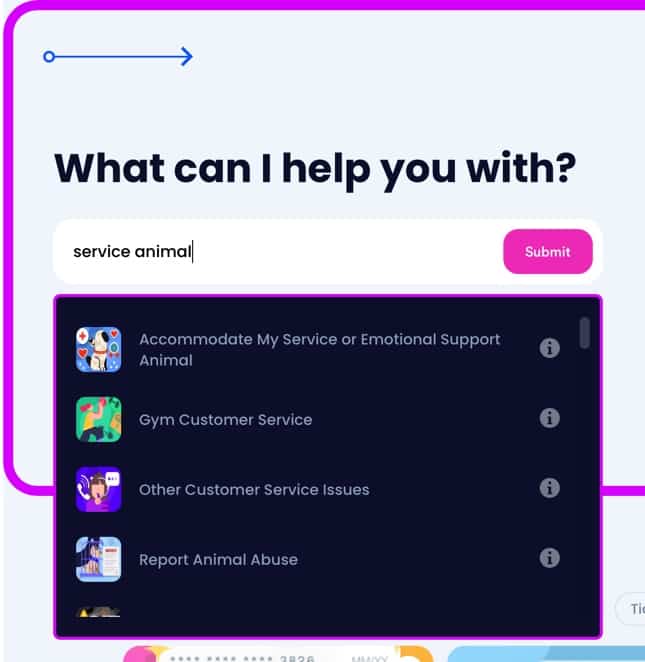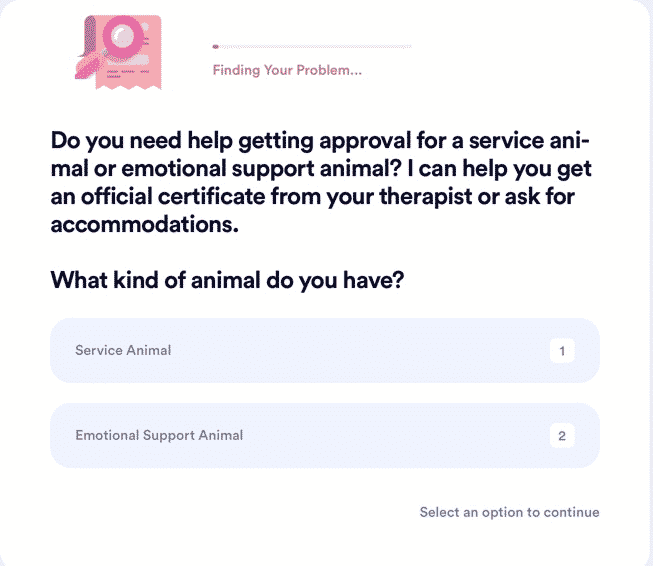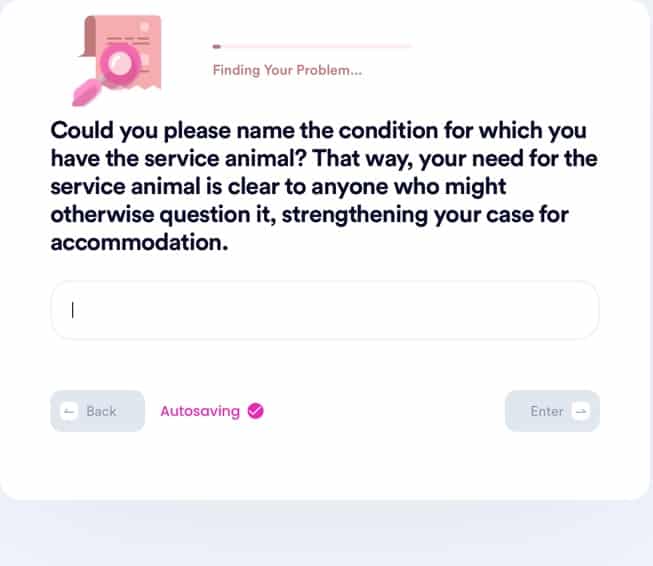Are Stuffed Emotional Support Animals Helpful?
If you're unusually attached to your stuffed animal, you're not alone. You're a part of the growing number of people who own .
While integrating live animals into therapeutic treatment plans is more widely practiced, stuffed animals work just as well. Research shows that both live and stuffed animals allow children and adults to process emotions and keep them grounded.
With the government recognizing animals' role in combating mental disabilities, there's an uptick in ESA and service animal numbers. As of 2022, there are more than 220,000 ESA and service animals in the U.S.
What Is an Emotional Support Animal?
An emotional support animal is a pet that plays a critical role in the life of a person with a disabling mental or emotional impairment. A support animal is prescribed by a licensed mental health professional as part of your medical treatment plan.
Emotional support animals are beneficial to persons with emotional or mental impairment.
How Emotional Support Animals Help People:
| Improves Your Schedule | Schedules and routines may be very important, yet, schedules may seem tedious. A pet requires care and a certain routine. You must feed them; you have to walk them, bathe them, play with them, etc. Setting your schedule to be based on their needs can also impact your other day-to-day tasks. |
| Improve Memory and Focus | Pets are very good at keeping person-centered. If you forget to feed them, they will remind you. If you feel lost in thought, they can give you a nudge to remind you that they are there. |
| Improve Sleep | If you are someone who suffers from hyperactivity, you may feel unable to rest well at night. After running, walking, playing, and focusing on your pet throughout the day, you may be able to rest more at night. |
| Relieves Stress | Pets provide unconditional love to their owners. They are unable to yell or do things that may stress you. This can give you a sense of confidence and reduce your risk of depression or anxiety. |
Unlike service dogs, don't need specialized training or certifications. A support animal can be a dog, cat, gerbil, or even a miniature horse.
How to Get an Emotional Support Animal
While any pet can be a support animal, only people with diagnosed mental or emotional impairment can legally own one.
are accorded certain privileges, and as such, you need a formal document that designates your pet as one.
To get an emotional support animal, you need to
- Identify your need for an ESA
- Get a professional mental health professional to diagnose your impairment.
- Request your therapist to make an ESA part of your treatment plan.
- Get an ESA letter from your therapist.
Since emotional support animals don't require any special training or certification, an ESA letter is the only proof you'll need.
What Is an ESA Letter?
An ESA letter is a prescription from a licensed mental health professional enforcing your rights to have a support animal. The health professional acknowledges that you're a patient under their care in the letter.
It also states that the animal companion is crucial to your mental or emotional wellbeing.
Only a licensed mental health professional can issue ab ESA letter to a patient under their care. The letter accords you the right always to have your support animal by your side.
For instance, as enshrined in the Federal Fair Housing Act, an ESA letter requires landlords to waive no-pet rules and not require a pet deposit. Most airlines will waive charges and let your support animal fly in-cabin with an ESA letter.
What Makes an ESA Letter Legitimate?
A legitimate ESA letter is drafted by a licensed mental health professional (LMHP) for a patient with mental or emotional disabilities. Some of the eligible mental health professionals include
- Psychologists
- Licensed marriage and family therapists
- Registered nurses
- Licensed social worker
- Licensed professional counselor
- Psychiatrists
The U.S. Department of Housing outlines the contents of a legitimate ESA letter. For authenticity, an ESA letter should:
- State your name and your mental or emotional impairment
- Be written on the LHCP's letterhead
- Recommend a support animal
- Signed and dated by the mental health professional
- Include the LHCP's license number and contact information
How to Get a Genuine ESA Letter
As mentioned earlier, only a licensed mental health professional can issue an ESA letter. Therefore, you must have a professional mental or emotional diagnosis before you can secure a copy.
You can request your mental health specialist for an ESA letter if you're already seeing one. If not, you'd need to find and attend therapy sessions with a qualified counselor for an assessment.
If the mental health specialist diagnoses you with emotional or cognitive impairment, they may write you an ESA letter. Some of the conditions that benefit from an ESA animal include
- Depression
- PTSD
- Anxiety
- Mood and concentration disorders
- Bipolar disorder
- Social anxiety
- Attention-deficit hyperactivity disorder (ADHD)
Getting a Legitimate ESA Letter via DoNotPay
Some state laws require that you establish a relationship with a therapist for at least 30 days before asking for an ESA letter. However, this requirement might be highly impractical for some people.
Face-to-face therapy sessions tend to be expensive and out of reach for most people. Again, some healthcare providers are unfamiliar with writing an ESA letter.
Here's how DoNotPay can help:
At DoNotPay, we understand the obstacles facing people with mental or emotional disabilities. Our services pair you with a licensed mental health professional who will assess your condition.
If you're diagnosed with an impairment that could benefit from owning a support animal, the therapist will write you an ESA letter. Our service allows you to cut the chase when you need an ESA letter.
We are committed to eliminating all the obstacles that could lower your quality of life. With our help, dealing with any ESA-related concerns is a simple 3-step process.
- Search "service animal" on DoNotPay.

- Select the type of issue you need help with, including contacting your landlord about your ESA/service animal, asking your airline about ESA options, or requesting ESA/service accommodations at other venues.

- Answer a series of questions about your current situation and the details of your ESA/service animal, so we can generate the best results for you.

And that's it. Depending on your issue, DoNotPay will generate a letter to your landlord and mail it on your behalf, contact the airline agency and get back to you with an answer, or send a letter to your mental health professional requesting an ESA letter.
What Else Can DoNotPay Do?
People grappling with a disabling mental illness or conditions face more hurdles that lower their quality of life. At DoNotPay, we're committed to making your quest for an ESA letter smooth and convenient.
We can help you deal with any ESA-related issues by eliminating any administrative and bureaucratic hurdles that could deny you peace of mind.
With a few clicks on the DoNotPay website, we can go the extra mile and help you:
- Acquire ESA letters
- Learn about ESA dogs
- Get an ESA letter for housing
- Select Airlines with ESA provisions
- Understand the Fair Housing Act provisions
- Check United Airlines' ESA policies
- Check Southwest Airlines' ESA provisions
- Identify American Airlines with ESA provisions
- Understand the ESA letter format
- Learn more about emotional support animals
 By
By